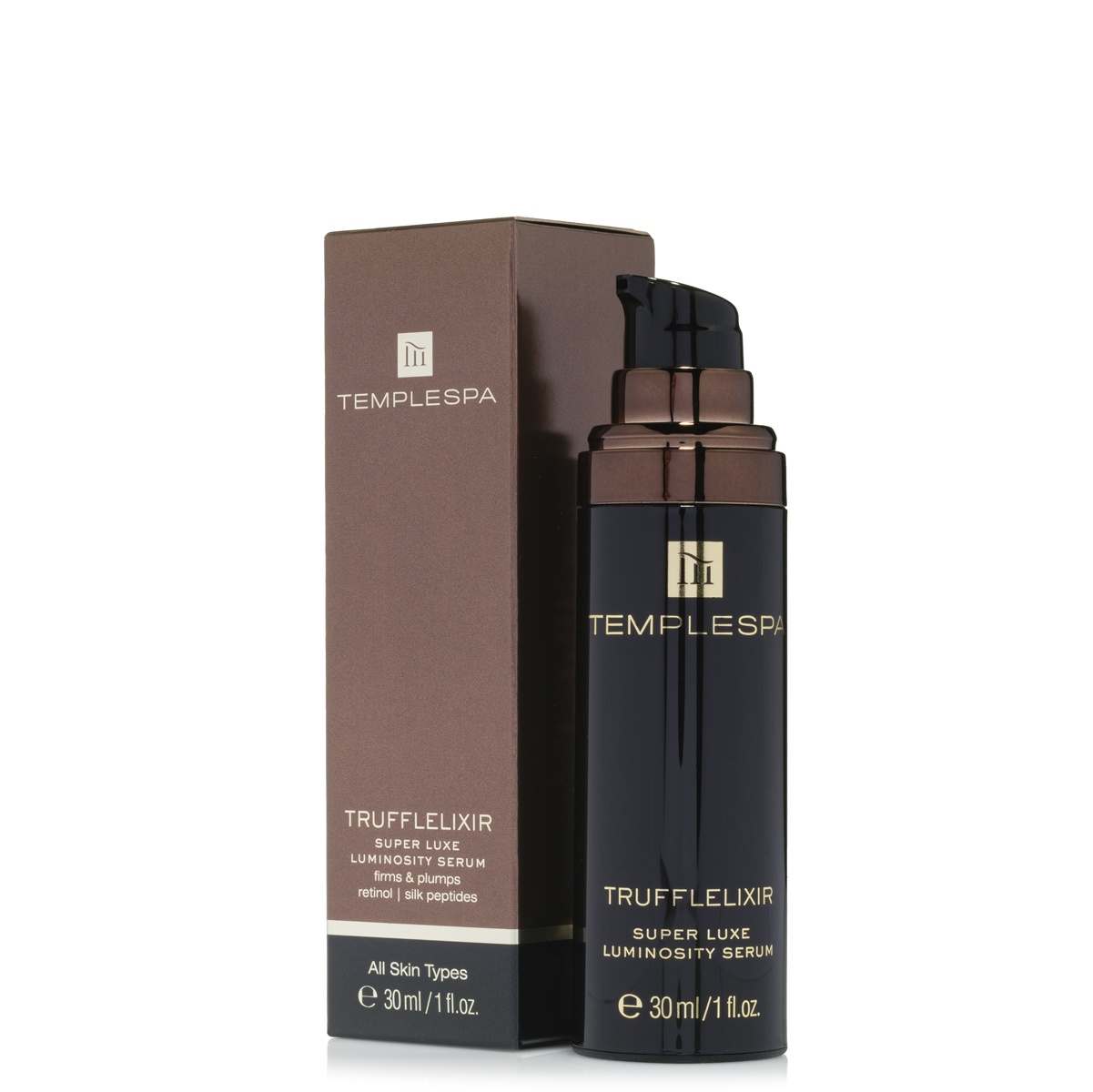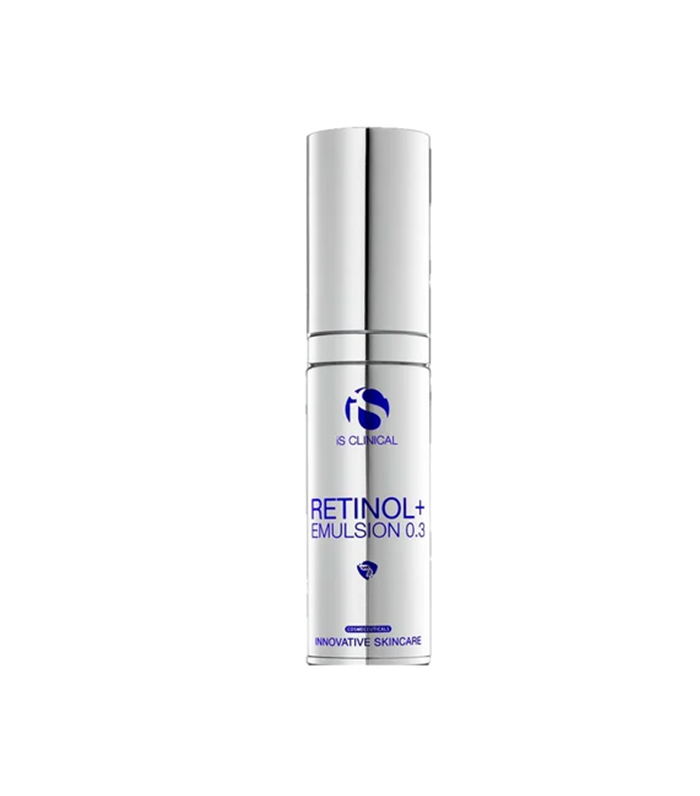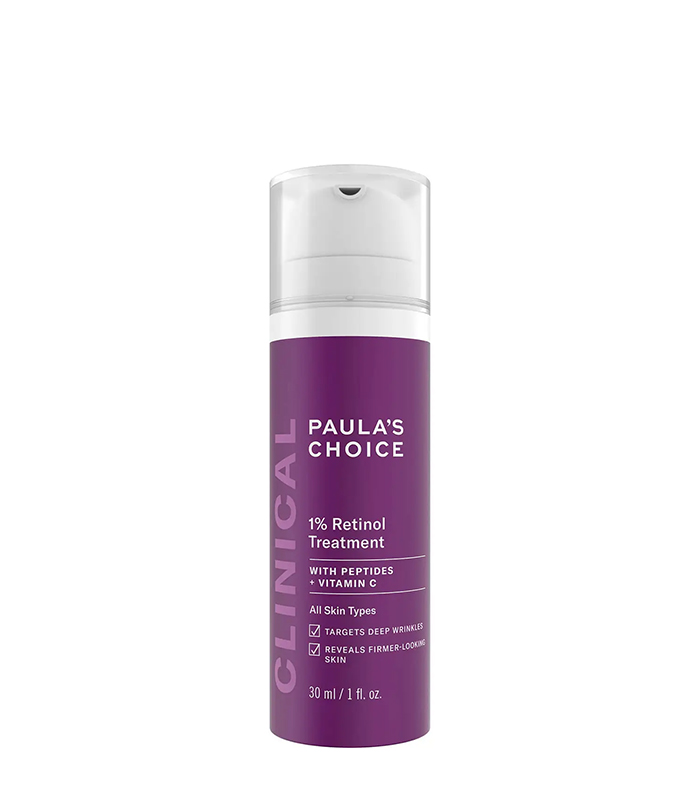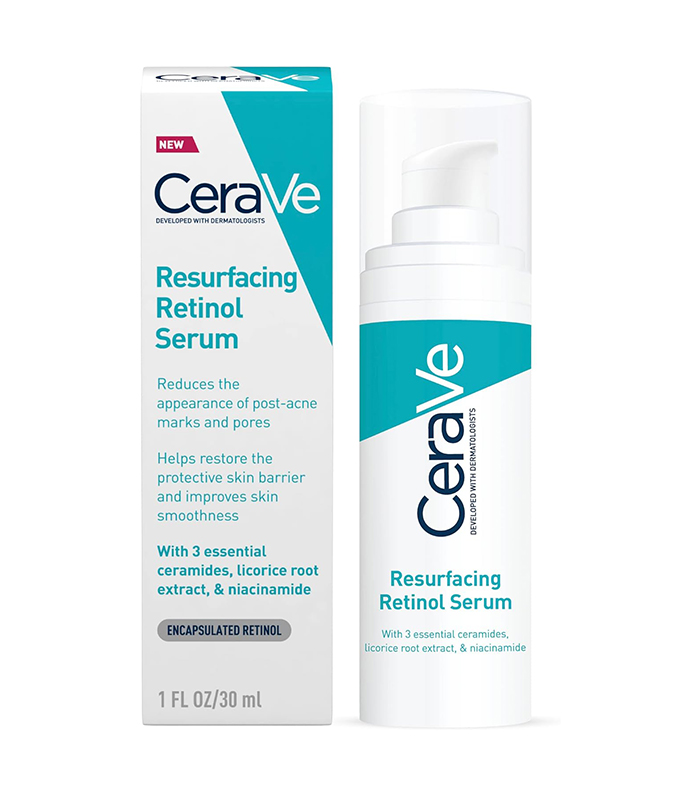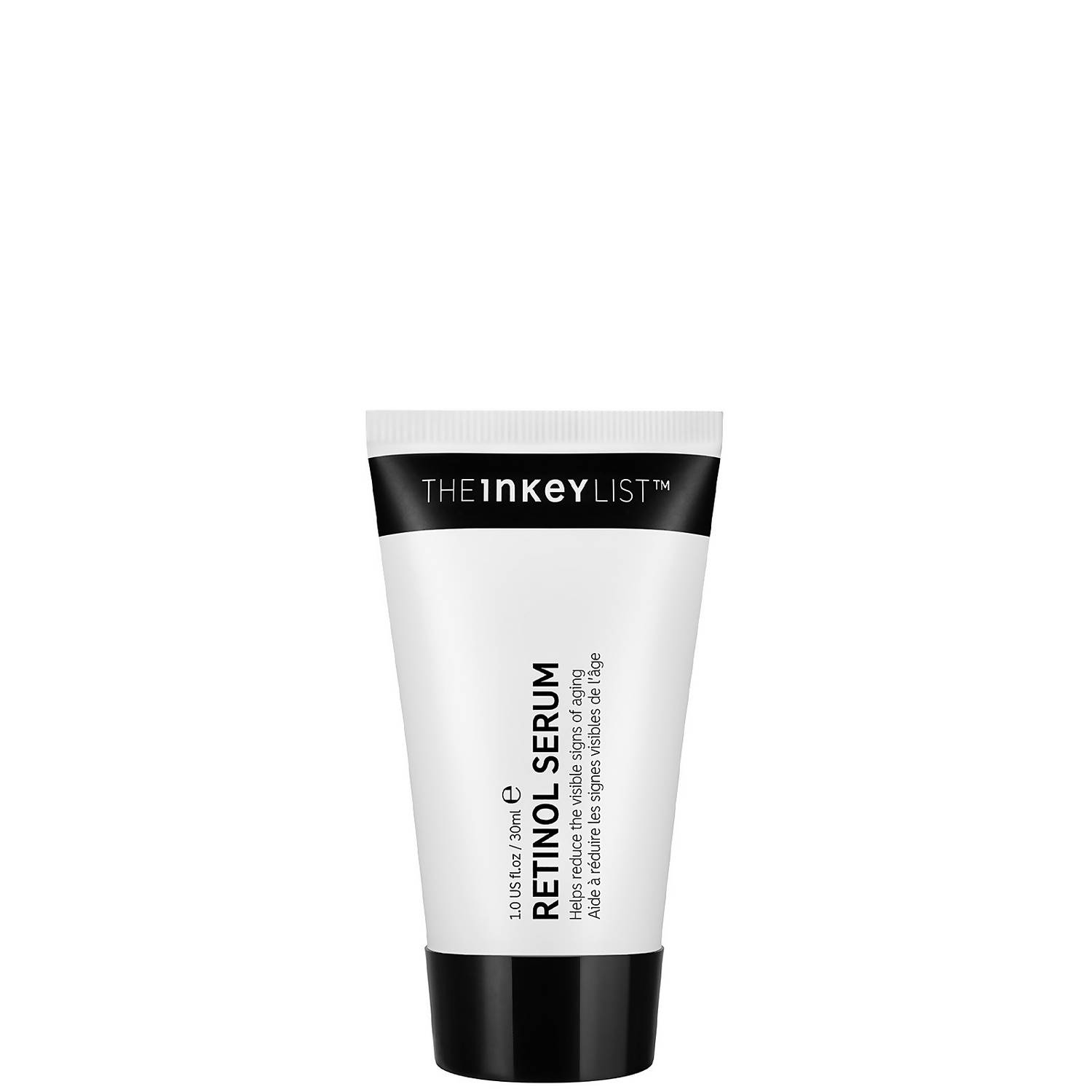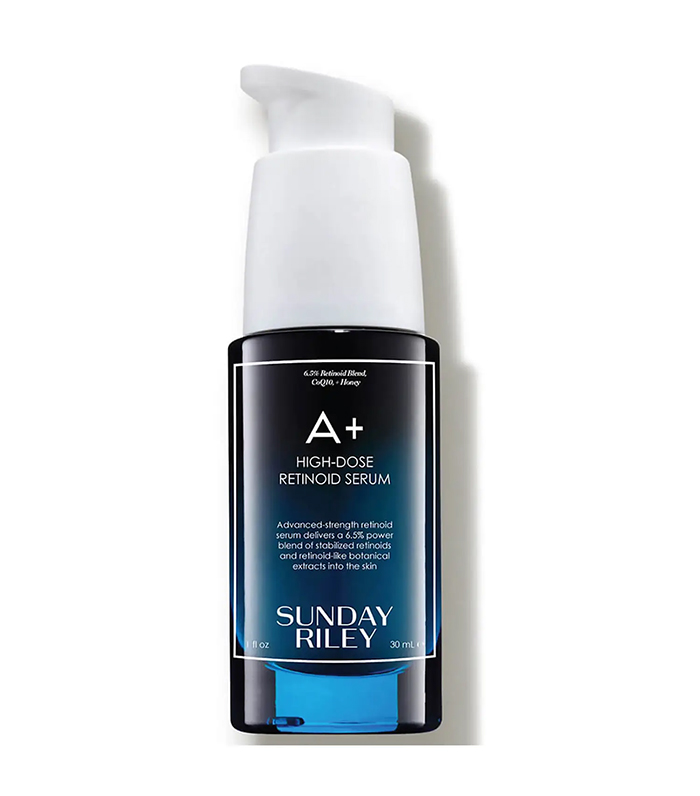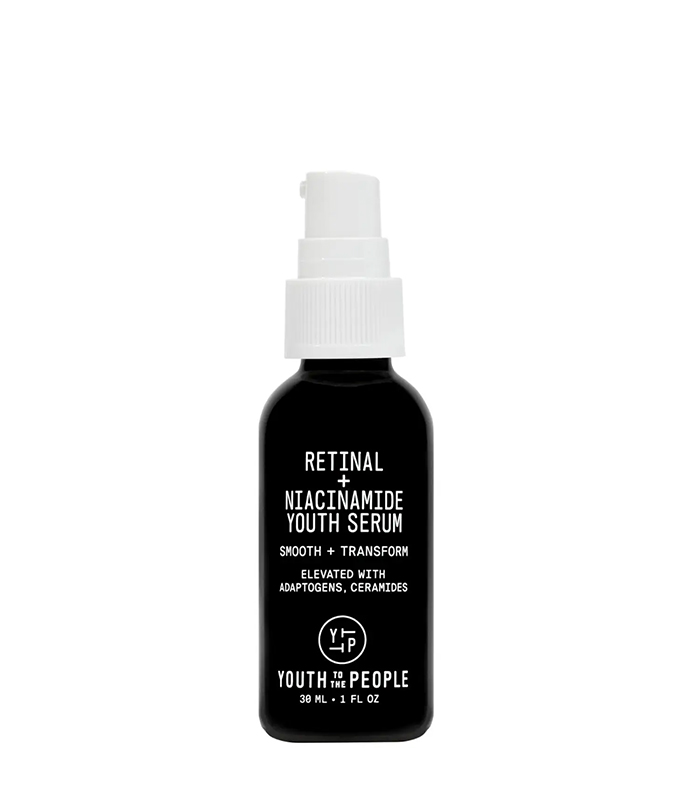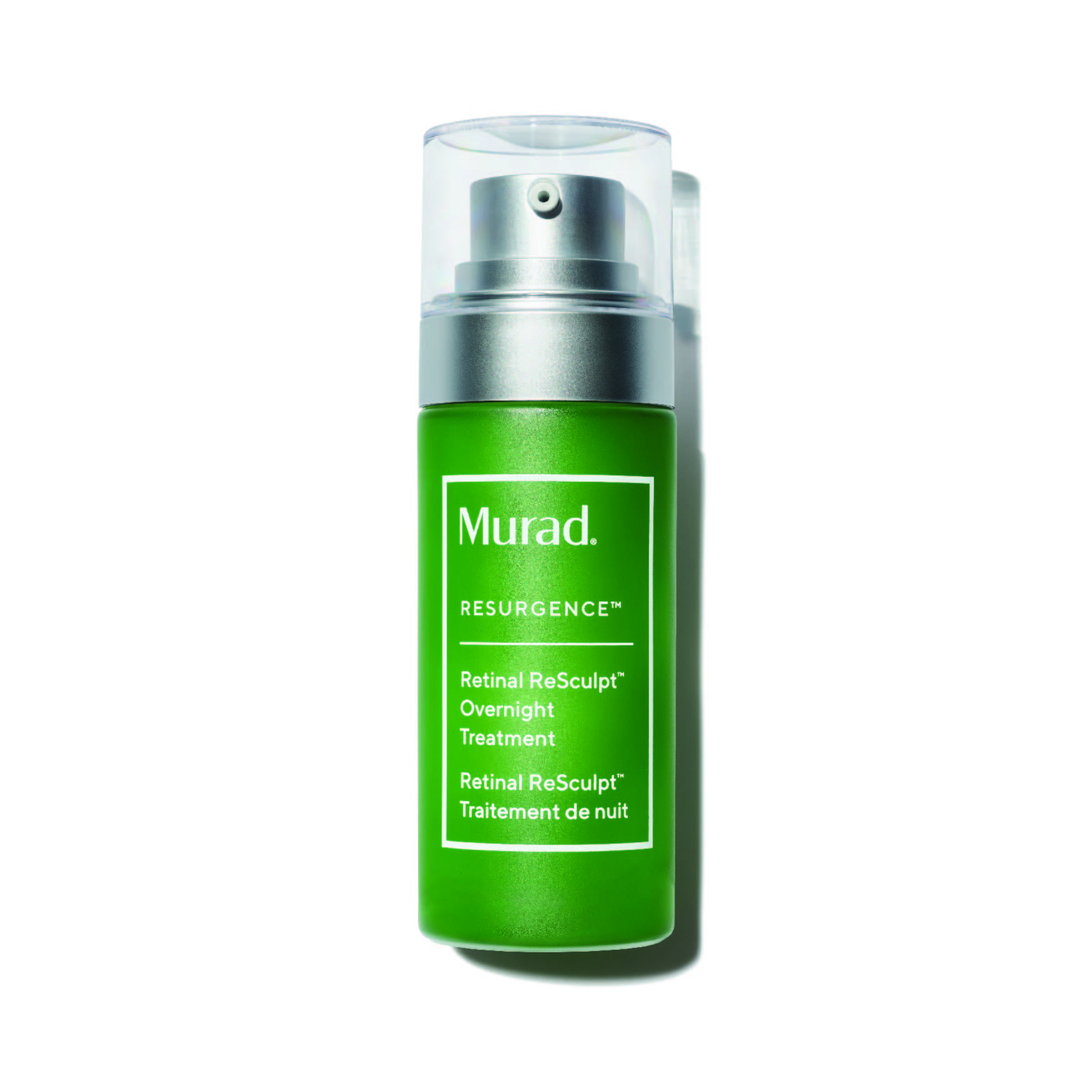A Derm Schooled Me on the Differences Between Retinol, Retinal and Tretinoin

You've probably heard of retinol, but have you heard about retinal or even tretinoin? With #retinol amassing a huge 6.3 billion views on TikTok, interest around retinol products is only growing. After all, retinols have been heralded for their ability to not only treat lines and wrinkles but to help with acne too. But retinol is only one family member in the group of retinoids in skincare. Let's be real: skincare ingredients can be really confusing at times, which makes shopping for them even harder. Understanding what skincare ingredients are and how they work is key to achieving results and ensures that the products you buy are money well spent, rather than left gathering dust in the back of your bathroom cabinet. This is why I've called upon dermatologists and skin experts to break down the key differences between retinol, retinal and tretinoin, so you can decide which is best for you and your skin's needs. Scroll ahead for everything you need to know on retinal vs retinol (and tretinoin).
What Are Retinoids?
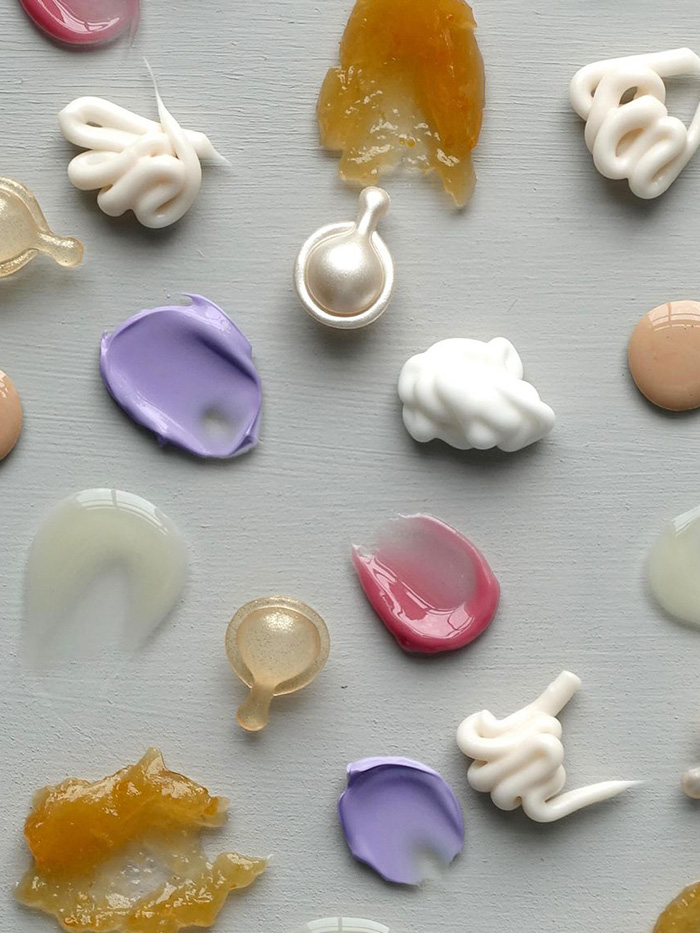
Retinoids is the umbrella term given to the family of chemicals that are derived from vitamin A, which includes retinol, retinal (also known as retinaldehyde) and tretinoin (or retinoic acid) to name just a handful. Below, we break down these three main types of topical retinoids that you've most likely heard of before or seen in skincare products. If you're pregnant or breastfeeding, you'll want to avoid using any kind of retinoid product, and if you're currently using or planning to start using retinoids, make sure you're applying the product at night (sunlight breaks down the formula), starting gradually, and always use an SPF during the day, as retinol increases the skin's sensitivity to the sun.
What is Retinol?
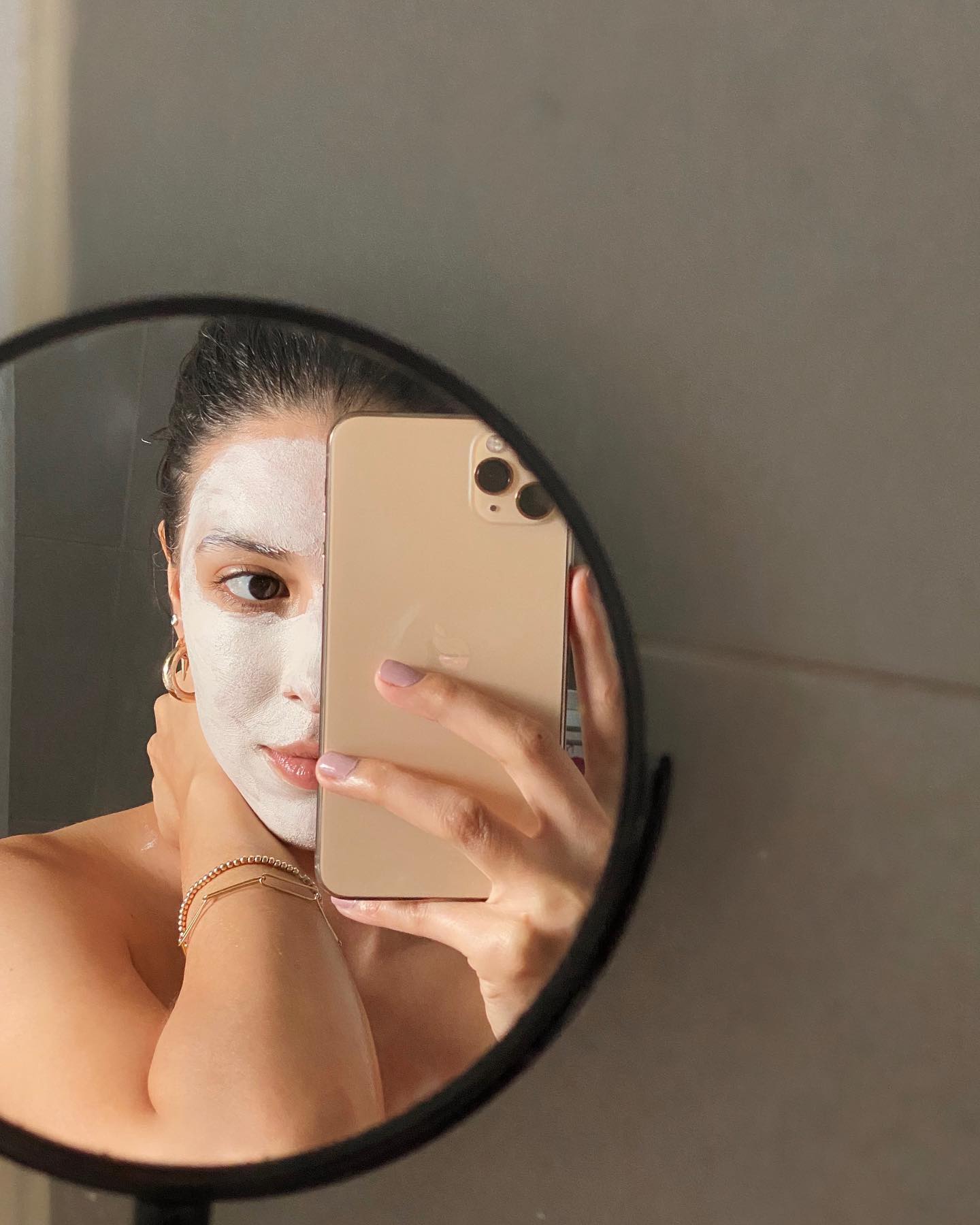
Retinol is probably the most recognised retinoid ingredient out there. "Retinol and retinal [more on that ahead] are vitamin A derivatives commonly found in skincare products and also known as retinoids," says Look Fantastic skincare pharmacist Aruj Javid. On application to the skin, retinol is converted to retinal and then to retinoic acid as it gets to work. "Both retinol and retinal are great for helping to improve the appearance of fine lines and wrinkles, can help to improve uneven skin tone and texture, and can also help with blemish-prone skin," she says, adding, "If you are trying retinoids for the first time, retinol is available in various percentage concentrations so you can build up your use and tolerance accordingly," she says. "Remember, you only need a pea-sized amount each time you apply retinol. If you would like to help prevent the first signs of ageing, then retinol is suitable for beginners and is available in many different types of formulations.”
As with any form of retinoid, it's best to start "low and slow" when beginning treatment, gradually building up your skin's tolerance. If you're a beginner, start with a lower percentage of retinol, applying it once or twice a week. As your skin adjusts, you can increase your applications and eventually move on to a stronger formula if your skin tolerates it well.
Shop Retinols:
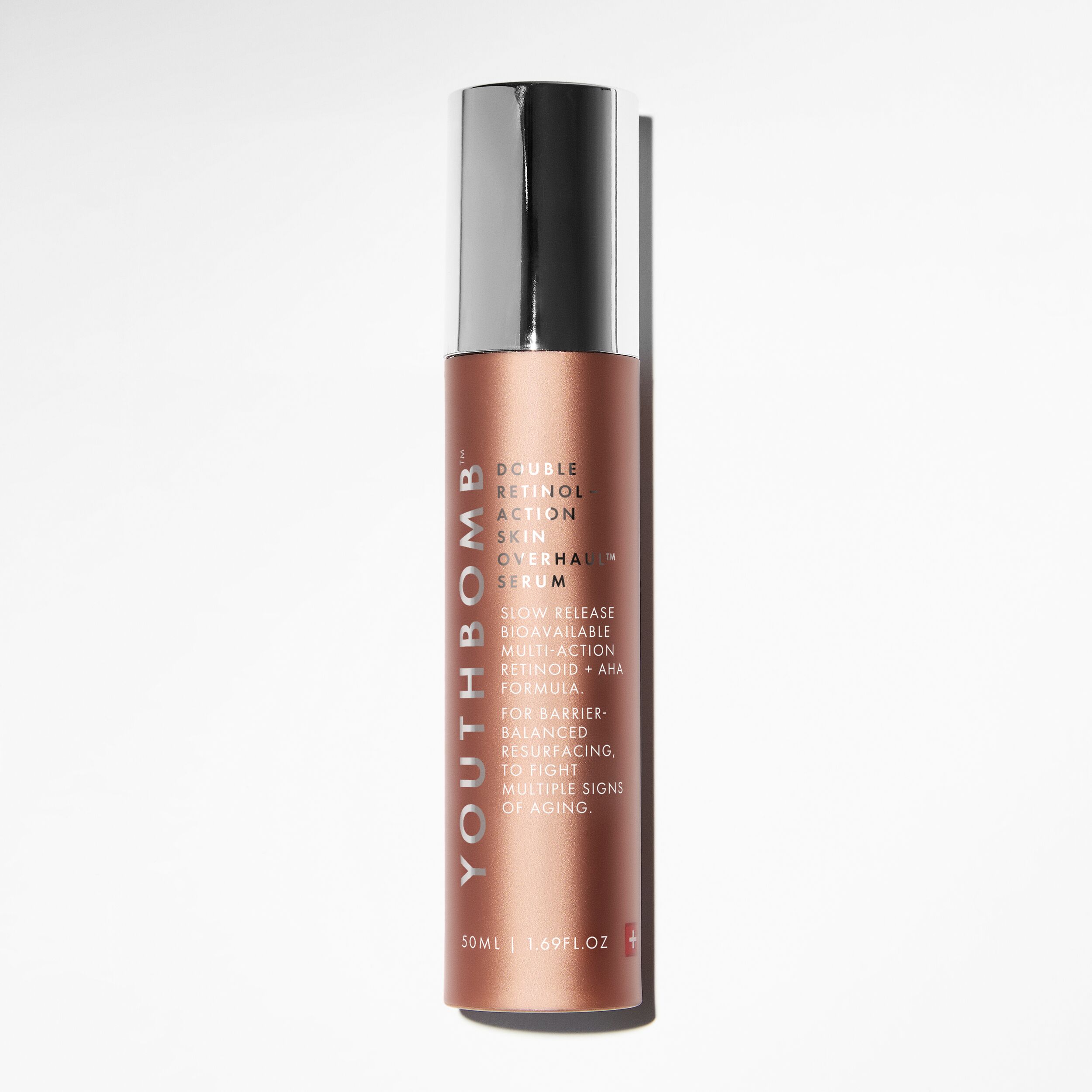
Price shown is members' price.
Beauty Pie brings us luxury-level formulations at a more affordable price point, and this retinol serum has become one of the brand's hero products for its incredible results; lines are less visible and skin is plumped and firmer. This is a stronger form of retinol, so it's best used by those who are already tolerating the ingredient well.
What Is Retinal?
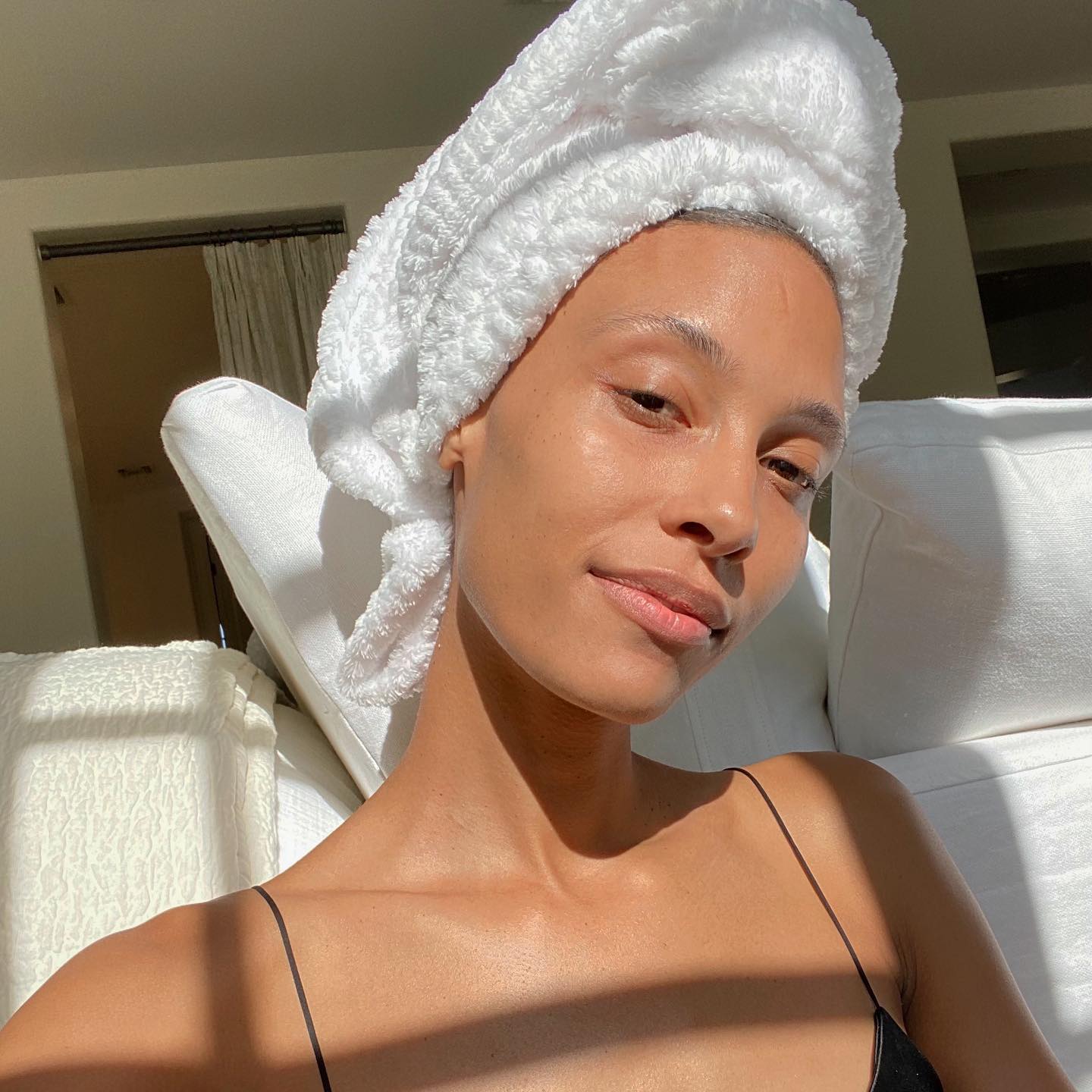
Retinal (AKA retinaldehyde) is another form of vitamin A. Unlike retinol, which is two steps removed from retinoic acid, retinal is one step removed, meaning your skin converts it from retinal to retinoic acid as it gets to work on your skin. Like retinol, you can also buy skincare products containing retinal over the counter. "It is a closer precursor to tretinoin than retinol—only one conversion is required to become tretinoin—and theoretically should have at least as much benefit as retinol," says Dr Beibei Du-Harpur, dermatologist at Skin + Me. "Retinaldehyde has only been developed for use in cosmetic skincare products more recently, so there is technically less clinical research demonstrating its effectiveness as an anti-ageing or anti-acne product. Anecdotally, it appears to be better tolerated than many retinol formulations," she says.
As such, retinal is ideal for those who haven't previously got on well with retinol formulations, are yet to try tretinoin or find tretinoin too strong for their skin. "Retinaldehyde and retinol are both good options for those who struggle to tolerate tretinoin or wish to try something gentler first," adds Du-Harpur. "However, I would caveat that there are gentler and less gentle retinol and retinaldehyde options, so ultimately how they perform does come down to the specific formulation and product." For example, some formulations may feature a lower dosage, and some products might have encapsulated technology, meaning the ingredient is released gradually, which reduces the chance of irritation.
Shop Retinals:
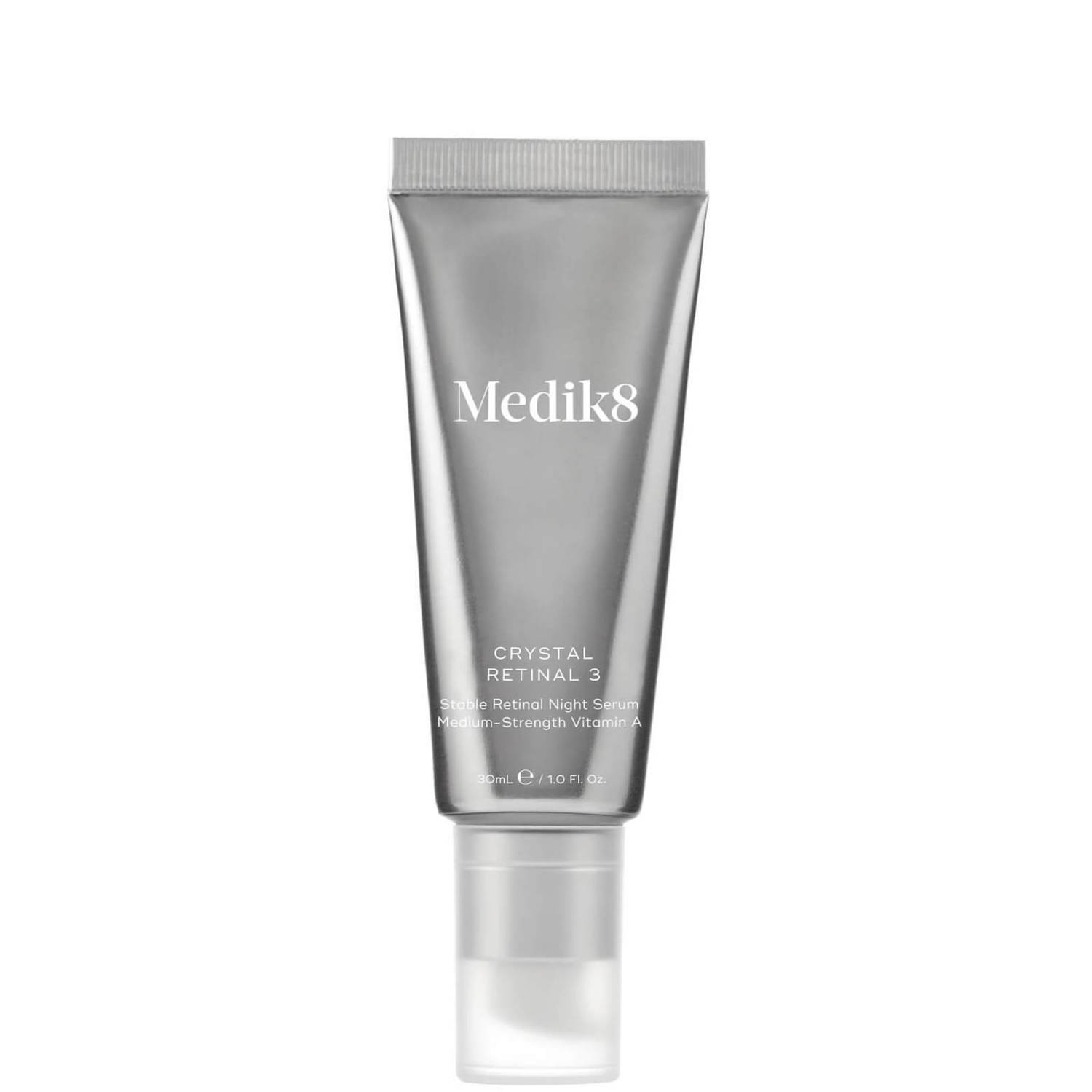
This is one of my favourite retinal formulas of all time (it just so happens to have won a Who What Wear UK Next in Beauty Award too) and it's practically a beauty industry icon. Medik8 has several strengths that you can progress on to once your skin is used to the first level. Honestly, the reviews speak for themselves.
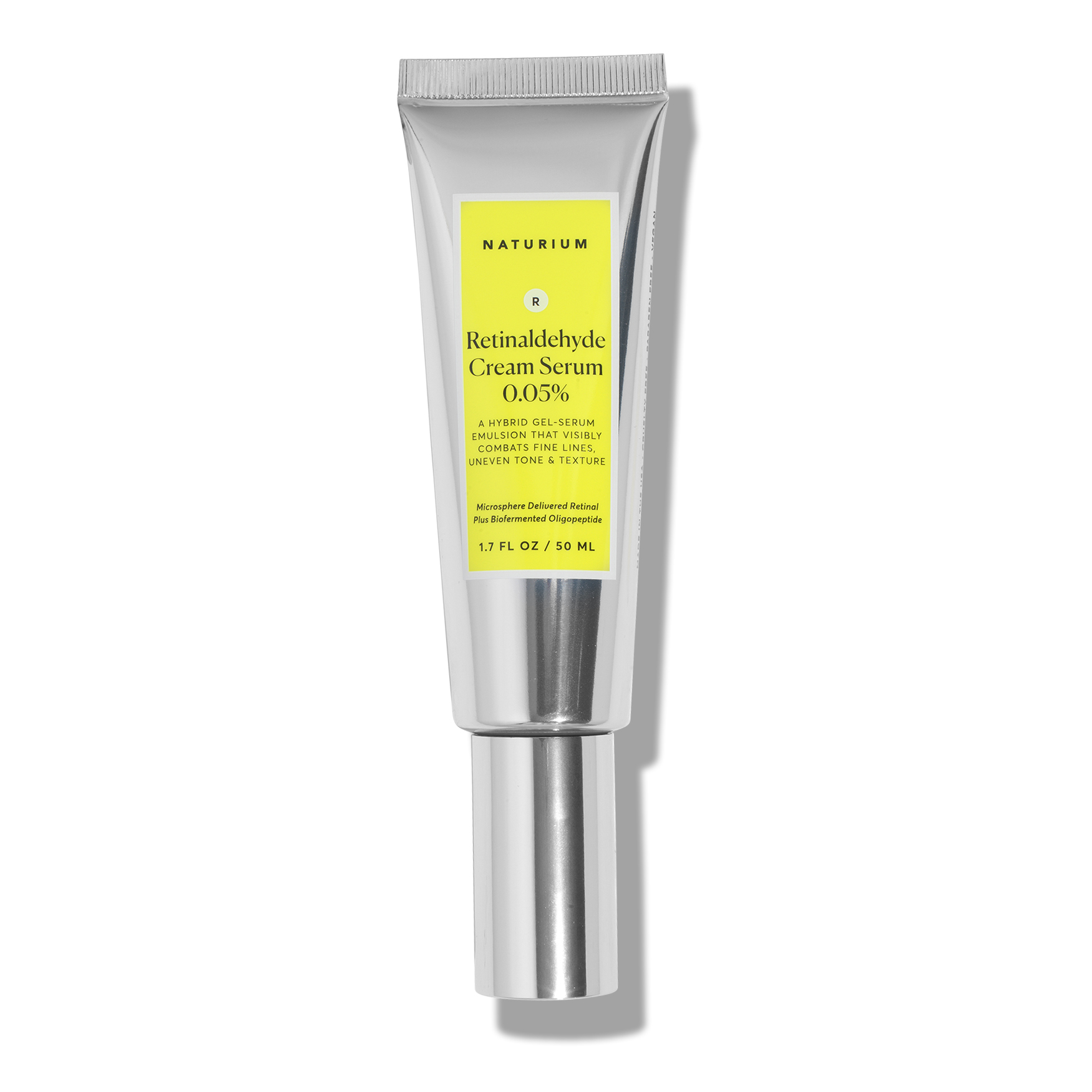
Naturium's sustained-release retinal means that it's both gentle and effective, helping to firm, brighten and smooth skin. It's a fairly new launch, but it has already won over users.
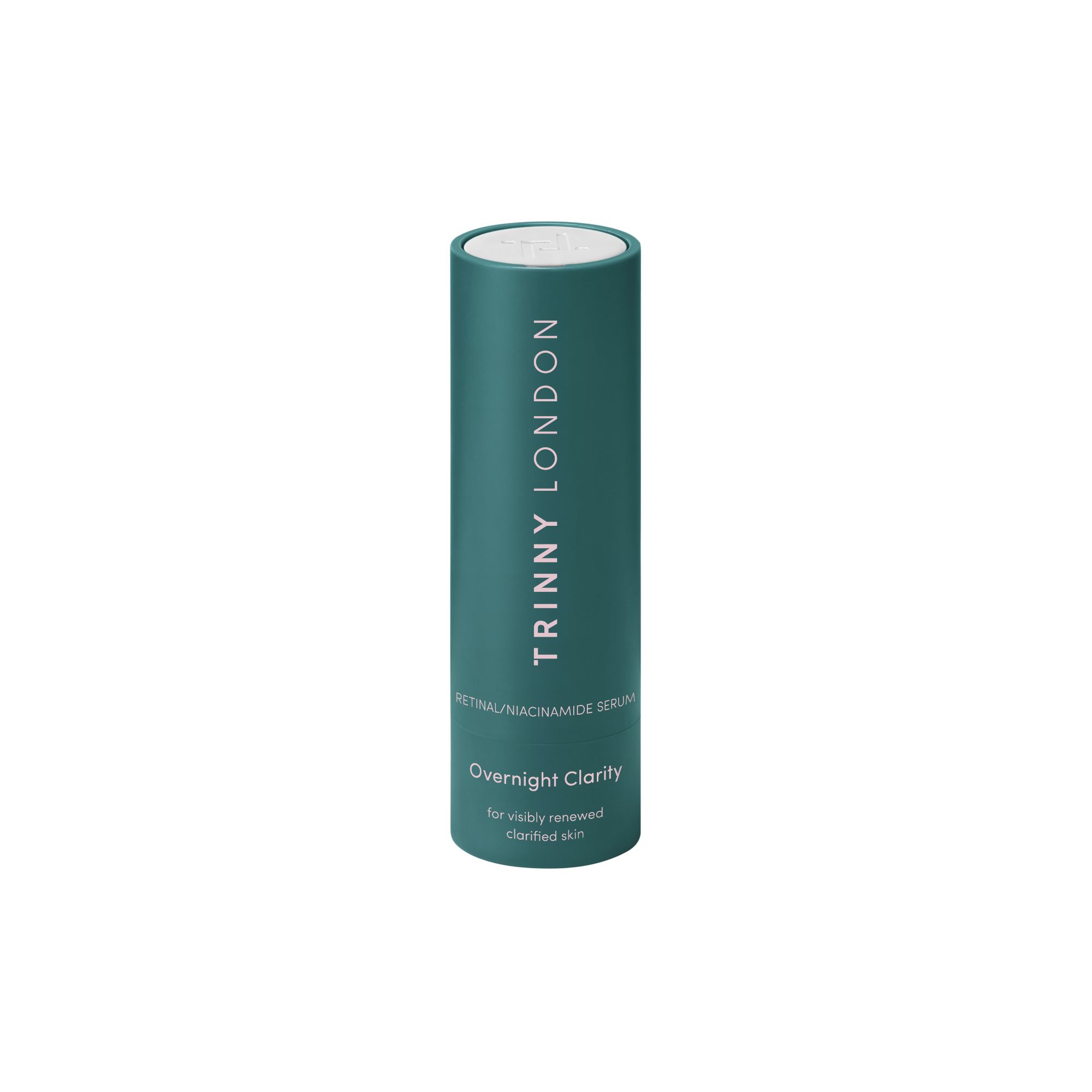
Surprisingly, acne and signs of ageing often go hand-in-hand, which is why Trinny London's formula is ideal if you want to treat both in one fell swoop. The addition of niacinamide helps to control oil production, whilst the retinal gets to work to clear pores and address skin laxity and wrinkles.
What Is Tretinoin?

Tretinoin, also known as all-trans-retinoic acid, is a prescription drug and the active form of vitamin A, which is taken up by cells in the skin," explains Dr Du-Harpur. "This then binds with retinoid receptors to unravel areas of DNA, thus altering the cell’s behaviour. This ultimately leads to increased cell turnover, promoting a more compact stratum corneum [the top layer of skin] and collagen production amongst other things," she says. As such, it's often prescribed for treating acne and signs of ageing. However, as tretinoin is a prescription drug, you'll need a dermatologist to prescribe it for you.
"Whilst having remarkable effects on the skin, tretinoin is notorious for causing irritation and so gradual acclimation is often necessary," says Dr Du-Harpur. "There are various strategies to improve tolerability and decrease the symptoms of this initial retinisation process [of getting your skin used to retinoids]. Technically, tretinoin can be used for even the most sensitive of skins; careful guidance is key. Lower percentages of tretinoin tend to cause less irritation, whereas higher percentages are more irritating but may yield results more rapidly," she adds.
Shop Tretinoin:
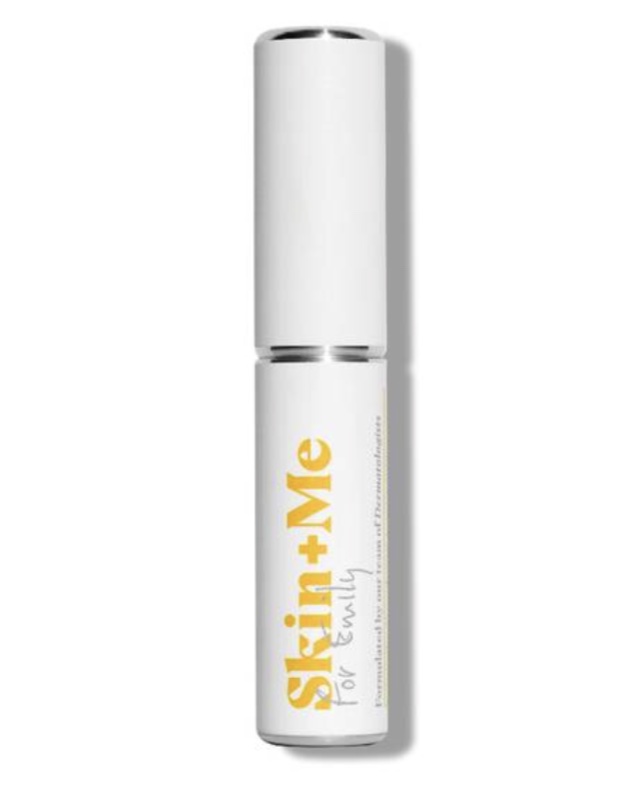
Whilst you can't buy tretinoin over the counter, you can access it via a dermatologist who can prescribe the drug. Can't make it to a derm? Skin + Me offers an online consultation whereby you upload images of your skin and the dermatology team dispenses the right treatment for your skin, which is sent to you in the post. It works out as a very affordable option compared to visiting a private dermatologist. Skin + Me's Daily Doser is another Who What Wear Next in Beauty winner; it won both Best Serum and a Best in Class award for the skincare category.
Next Up: This Holy-Grail Product Treats Everything From Acne to Wrinkles
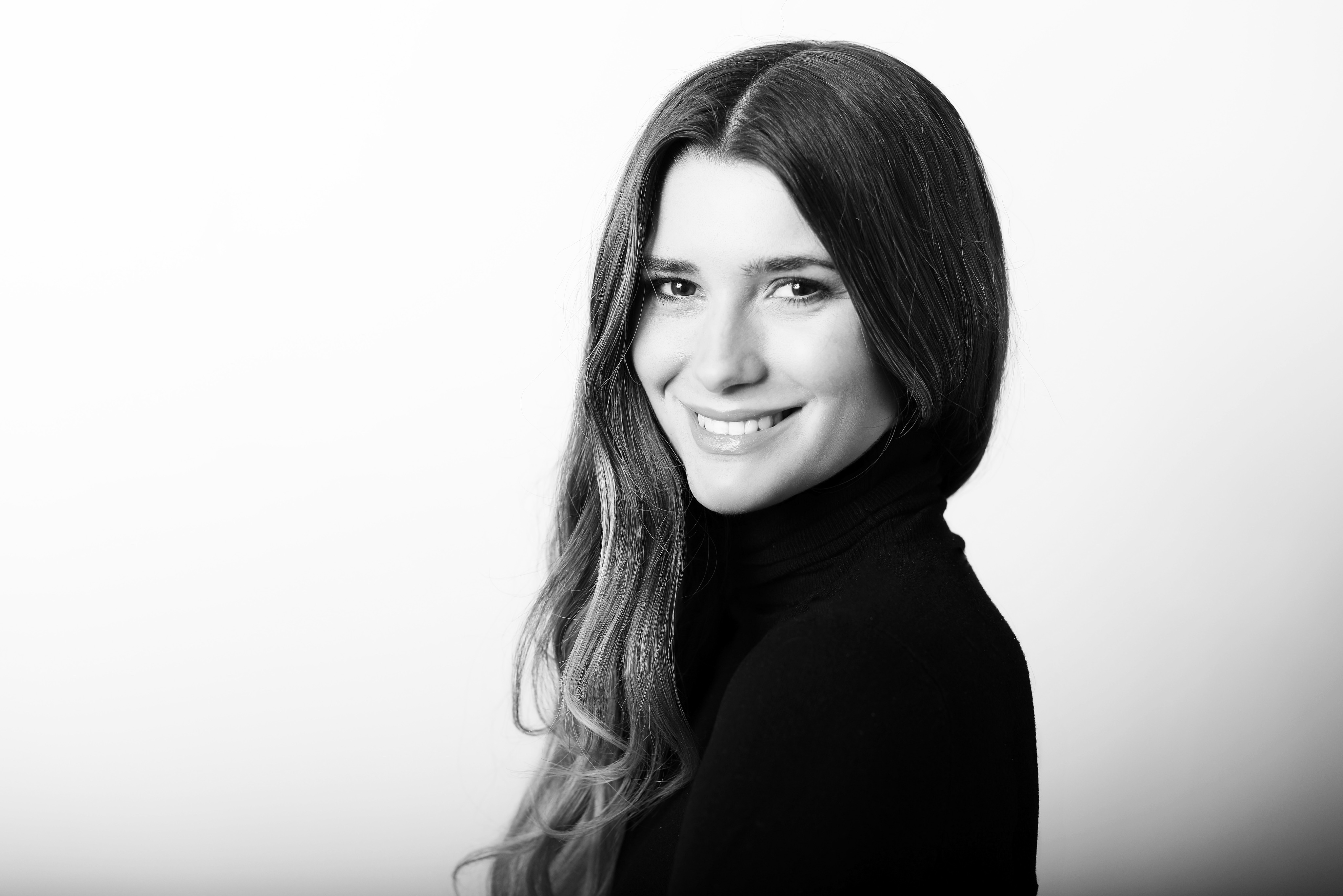
Eleanor Vousden is the beauty editor for Who What Wear UK. She was previously deputy editor at Hairdressers Journal, health writer at Woman & Home and junior beauty editor at Powder. She has also contributed to Wallpaper and Elle Collections.
With a degree in fashion journalism from the London College of Fashion, she has 10 years of industry experience and has been highly commended at the BSME Talent Awards for her work on Powder and also contributed to the title winning Website of the Year at the PPA Awards.
Eleanor’s journalistic focus is providing readers with honest and helpful beauty content. She has interviewed celebrity makeup artists, hairstylists and dermatologists throughout her career, as well as celebrities such as Hailey Bieber, Sarah Jessica Parker and Scarlett Johansson.
